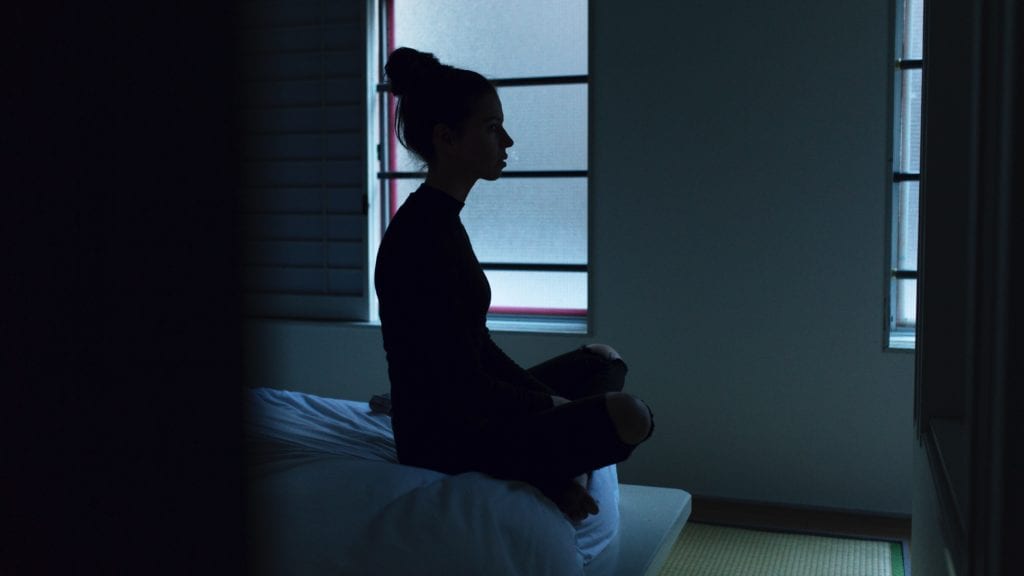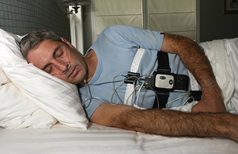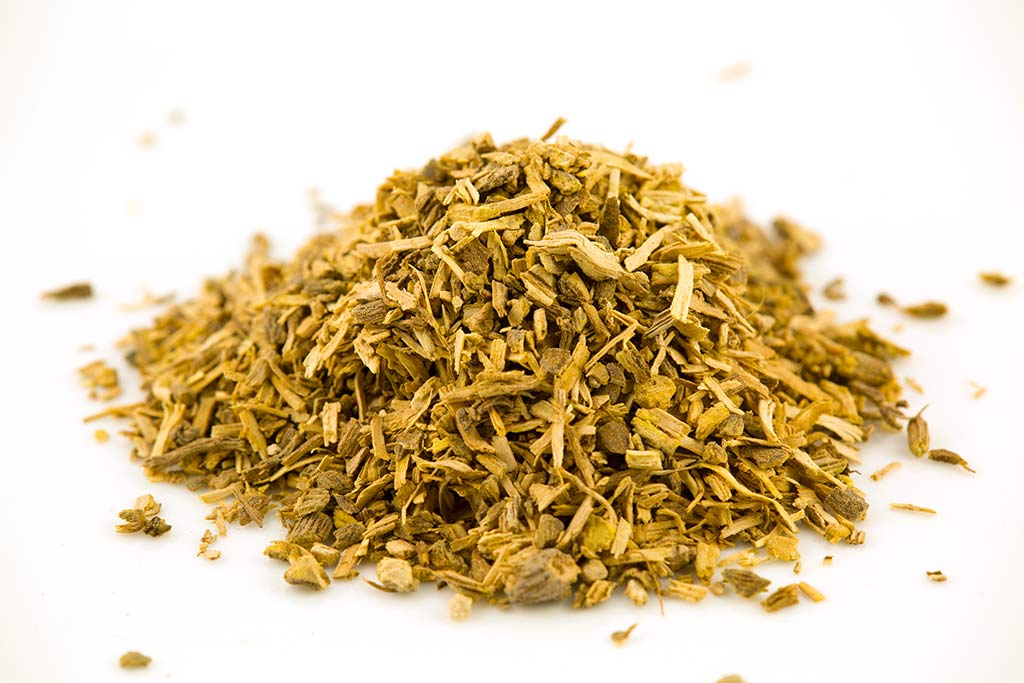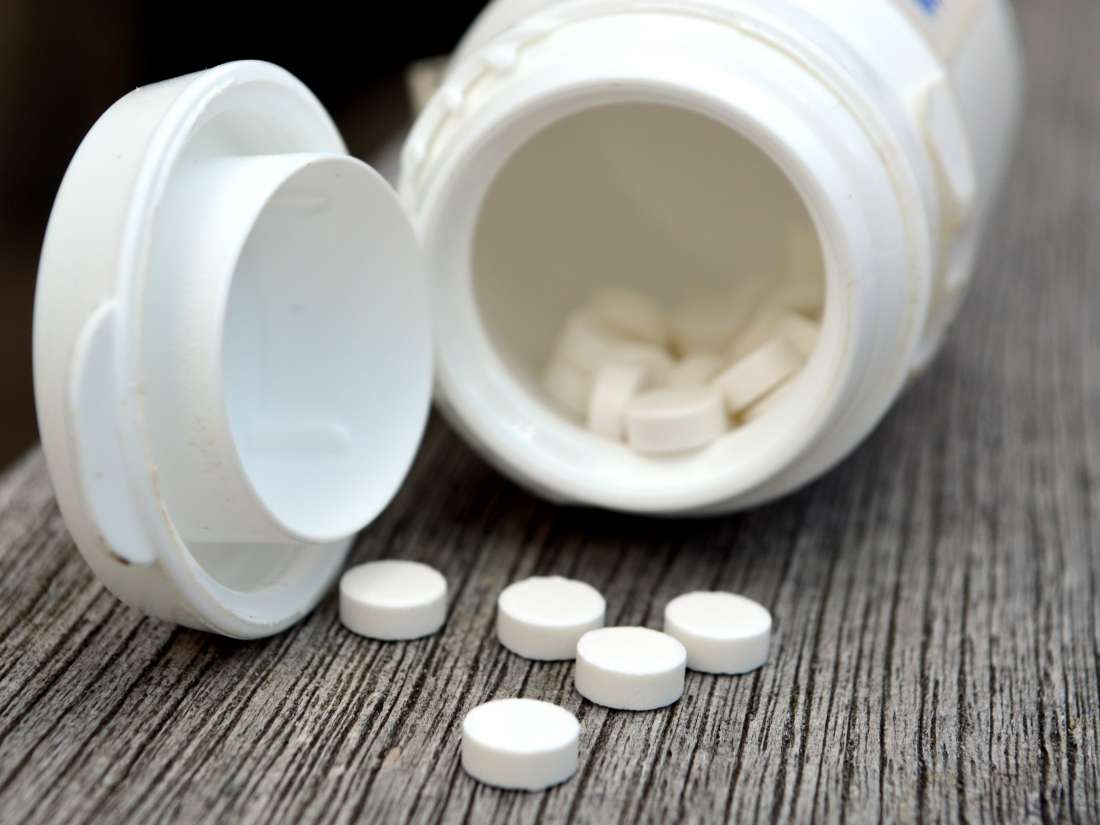Sleep Deprivation and Police Officers.
Sleep deprivation and police officers are two topics that are being noted in public news stories more frequently. Annually, there are a number of tragedies that are directly linked to the fact that police officers were deprived of appropriate sleep.
Police officers are generally subjected to work schedules that wreck havoc on the body, as well as the natural sleep cycle.
In addition to this, this is a highly stressful career that impacts the health of the officer in a tremendous way. It is no surprise that the phrase “police fatigue” is becoming a common one. Here, you will learn about information regarding sleep deprivation and police officers.
Whether you are an officer, have a loved one that is an officer, or a medical professional looking to learn more, this guide will prove to enlighten you on the complications of tired cops.
In my senior year of high school, I took a three year Criminal Justice Assisting course from the local vocational education school in addition to my core high school studies. I completed this course at the end of the school year, only nine months late with a perfect score. I managed this by making the first three classes of my day Criminal Justice Assisting. I served as class leader, and thoroughly enjoyed it. I was also in the Police Explorer program at the local Police Department. It was during that year that I decided that a career in law enforcement would be the right move for my future. Little did I know that moving from the tame world of a vocational education into the world of the Criminal Justice Academy would have an impact on the amount of rest I was able to achieve.
Ten months after high school graduation, I was accepted into the Criminal Justice Academy. During that ten month period, I started my first job, focused on my physical fitness, and studied law enforcement as much as possible. I was also accepted into a volunteer police officer auxiliary program where I could gain experience on the road, as well as in the various departments in the police department – homicide investigations, drug enforcement, evidence, and victim’s rights. I took the physical agility test for the academy, the mental health screening test, as well as the test of a detailed panel interview and passed. To say the least, I was plagued with exhaustion at every turn. However, my determination for success and my goal to succeed gave me the energy that was required to continue in my efforts – despite the sleep deprivation that I experienced.
As I continued in my education, my volunteer work, and all of the other activities that I pursued, I quickly realized that sleep deprivation was becoming an every day part of life. For the most part, I was purely exhausted. Between going to the academy from seven in the morning to five in the afternoon, driving an hour to and from school each way, working, and doing the auxiliary work at the department, I was wearing myself thin. There were many days when I would go to bed between midnight and one in the morning and wake up between four and five in the morning to do it all over again. Then, once I entered the police department after being in the academy, it only got worse. This is when I knew that sleep deprivation and police officers go hand in hand.
It is not uncommon for a police officer to experience complications in sleep as a result of overtime projects, constant changes in the shifts worked, pursuing additional education to increase their effectiveness as an officer, testifying in court, and also the physical and emotional demands of their professional position. These are all common situations for the police officer. Then, when that officer arrives home at the end of their shift, there are a wide range of other complications experienced that may lead to sleep deprivation. These include ensuring that friends and family members get their share of attention and love, meeting social obligations, having to constantly train and prepare for work, and even finding the appropriate means of coping with issues handled at work.
Common Causes of Police Officer Sleep Deprivation
Most of the common causes of police officer sleep deprivation have been mentioned here while expressing my personal story. However, I felt it would be appropriate to outline the causes. If the causes of sleep deprivation are known, it is then that potential resolutions may be put into place to assist officers in the field. The following outlines some of the causes:
1. Lack of structure and overall regulation in work hours is one of the most common causes of sleep deprivation. Many departments allow individuals to work many additional shifts when situations call for additional patrol and patrol presence. Police officers are generally quite passionate about their careers and jump on any opportunity to devote more time to being in the field. While the officer may enjoy the additional work and compensation, this often results in getting less sleep.
2. The inability to select shifts based on preference has a lot to do with the amount of sleep that an officer is able to get. There are many who prefer to work nights, but are placed on days. Then, there are many put on night shifts that prefer days. It studies conducted by the Police Executive Research Forum, it was found that if an officer is permitted to work on shifts within their comfort level, they are less likely to experience disruptions in their natural sleep cycle.
3. Police officer zone assignments may also result in sleep deprivation. Many zones have a higher crime rate than other zones, then there are zones that have more overall drive times – these types of zones can drastically impact the energy levels of an officer.
Work Related Complications of Sleep Deprivation and Police Officers
There are a number of work related complications of sleep deprivation and police officers. These include accidents, injuries, and potential death. When a police officer is on duty, it is their personal and professional responsibility to “aid, protect, and serve”. For the individual experiencing sleep deprivation, the attention span is limited, and it is terribly hard to focus. Impulses and reactions are an absolute essential when it comes to working the streets. If a gun is pulled by a civilian, an officer has less than one second to respond in order to protect themselves and others, those that are suffering from sleep deprivation may be unable to do this as necessary. A large number of police officers and civilians alike are injured and killed due to the fact that many officers do not get enough rest.
Physiological and Psychological Impact of Sleep Deprivation
There are many different physiological and psychological complications that may result from sleep deprivation. For the police officer working in the field, these complications can mean the difference between life and death. The following list displays some of these symptoms:
1. Naturally, the police officer that is deprived from sleep may experience feelings of fatigue while working.
2. As a police officer, there is a lot of day to day stress. This includes having to respond to calls quickly, receiving a large number of calls for assistance each shift, ensuring that the appropriate laws, policies and procedures are followed while handling issues, as well as ensuring that reports are completely quickly and accurately. Many other types of stress may also be experienced such as facing physical confrontations, emotional confrontations, seeing injuries, and even encountering death. When an officer is not getting enough rest, the tolerance level that they have for natural stress that is experienced in the call of duty is dramatically decreased.
3. When the body rests, it repairs any damage that was done from the day and it maintains itself. When one is not sleeping properly, this phase of natural upkeep is not experienced. This means that the police officer will not be able to endure the same amount of physical and mental activity that a coworker who is well rested may be able to handle. Physical agility and fitness is a necessary component to law enforcement, yet with sleep deprivation, there is a tremendous decline in the ability to remain physically agile and physically fit.
While this list is relatively small, it is the three most common complications that may occur when it comes to sleep deprivation and police officers.
Conclusion
Sleep deprivation and police officers is a common topic conversation these days. While it took several accidents, injuries, and even deaths to determine that this was a complication, it is now recognized. In an effort to promote health, and proper functioning while in the line of duty, several departments and other government agencies are working diligently to ensure that the work environment poses as few complications as possible that can affect the ability of an officer to get the right amount of sleep. These measures include:
1. Reviewing the standards that have a direct impact on the schedules, rotation procedures, and overtime allowance and set these areas in such a way as to reduce the amount of fatigue that participants experience.
2. Implementing programs that allow officers to choose their shift as to allow them to work in their comfort zone.
3. Monitoring zone assignments to ensure that all officers are rotated so that one may receive breaks for highly stressful, high crime areas and areas that are larger than others.
If you are an officer, or work in a department of police officers, it is important to consider these actions so that your department does not experience sleep deprivation among police officers.
Return From Sleep Deprivation and Police Officers to Sleep Deprivation Page.






